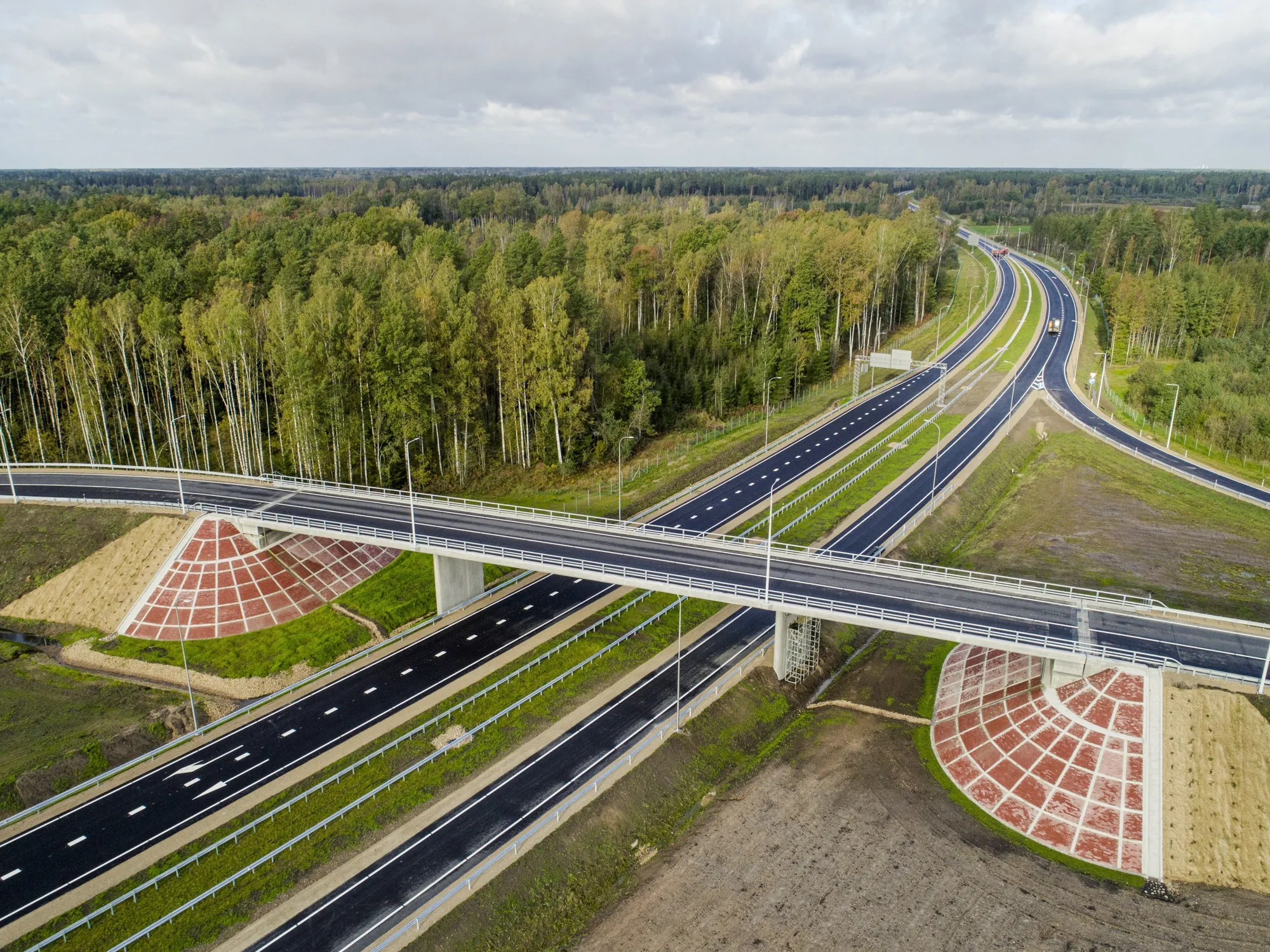Kapsch TrafficCom has been awarded a contract by I-77 Mobility Partners to provide the toll system and system integration for the Interstate 77 Express Lanes project in Charlotte, North Carolina.
The contract includes the design, installation and ongoing maintenance of the project’s field-level systems and is one of the first toll facility construction projects in Charlotte, intended to use modern managed lanes to relieve traffic congestion and provide reliable travel times, while also offering drivers a
January 10, 2017
Read time: 2 mins
The contract includes the design, installation and ongoing maintenance of the project’s field-level systems and is one of the first toll facility construction projects in Charlotte, intended to use modern managed lanes to relieve traffic congestion and provide reliable travel times, while also offering drivers a choice in commuting options.
Kapsch will design and deploy all tolling and traffic management hardware and field systems, including the toll collection system (TCS), intelligent transportation system (ITS), and network communication system. As part of a fully-automated managed lanes setup, these integrated components will enable the price of the express lanes to adjust according to traffic volume. Drivers can choose to pay the current rate for more reliable travel time, or remain in the general purpose lanes.
The tolling equipment will also include the new Kapsch vehicle detection and classification (nVDC) sensor, which uses stereoscopic video to track and classify vehicles through the entire toll zone, and correlates with tag reads, without the need for in-road sensors.
The express lanes are set to open in October 2018.









